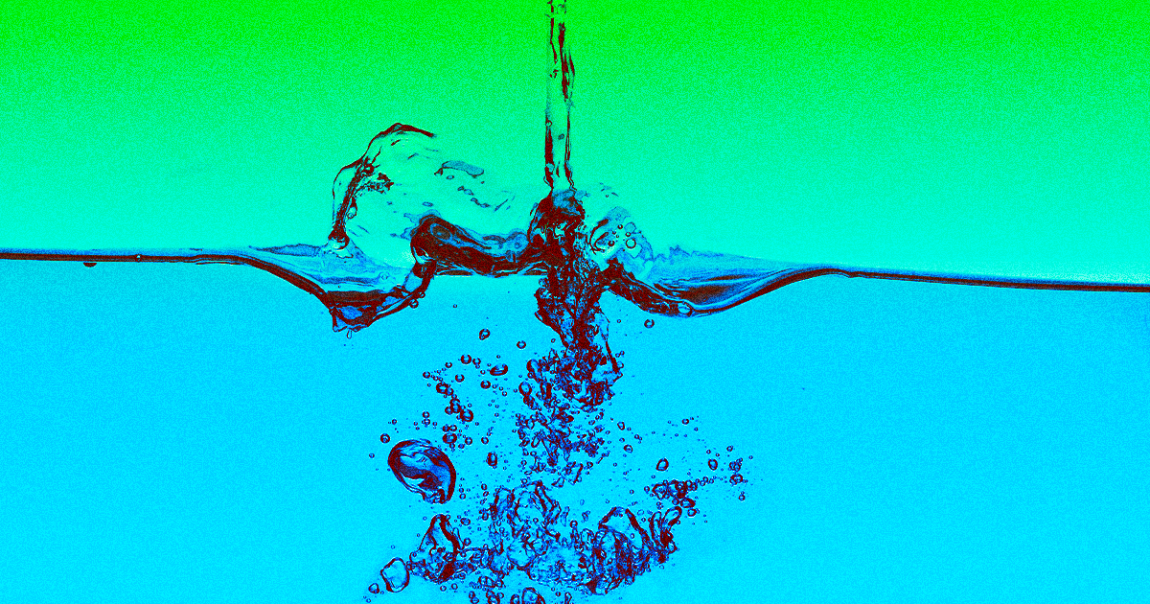
Tapped In
Legislators in the state of California are slated to approve new measures to create a filtration system that, as gross as it may sound, turns wastewater into drinking water.
As the Los Angeles Times reports, the so-called “toilet to tap” ruling is expected to be approved by California’s State Water Resources Control Board this week and will lead to new construction on advanced water treatment plants built to convert raw sewage to potable water.
“We’re creating a new source of supply that we were previously discharging or thinking of as waste,” Heather Cooley, the director of research at the Pacific Institute think tank, told the LA Times. “As we look to make our communities more resilient to drought, to climate change, this is really going to be an important part of that solution.”
Not So Wasteful
As prior reporting from the San Francisco Chronicle explains, the current system sees most of the state’s wastewater treated and then dumped into the ocean or rivers. With the new system, however, some of that wastewater will be treated even further and recycled into potable water, which will help as the state continues to experience the ravages of climate change and faces worse droughts in the future.
Phrased that way, the gambit makes a lot of sense — but because it deals with human waste, this kind of water reuse scheme has historically been misunderstood and maligned.
Cooley and her fellow activists insist that “toilet to tap” is a misnomer used by opponents of the system that’s more accurately termed “direct potable reuse,” in which the wastewater is highly treated and has been scientifically deemed safe to drink.
Despite the queasiness it may induce, this process is more common than one might think. The astronauts aboard the International Space Station recycle both their wastewater and their sweat, which sounds a lot worse than it actually is.
It happens here on Earth, too: the United Nations explained earlier this year that more than half of the world’s wastewater is safely recycled for various purposes with more and more countries and communities turning to recycling wastewater into drinking water than ever. The US government is interested in recycled wastewater, too, with the Environmental Protection Agency cosigning the system as a means of addressing future water crises as climate change continues largely unabated.
“This is really about recovering resources, not wasting precious resources,” Cooley told the LA Times. “This is really, I think, an exciting opportunity for helping to realize that vision of a more circular sort of approach for water.”
Because these systems are not even in the beginning stages of being built, Californians won’t be benefiting from them anytime soon — which gives the state ample time to educate the public about its advantages.